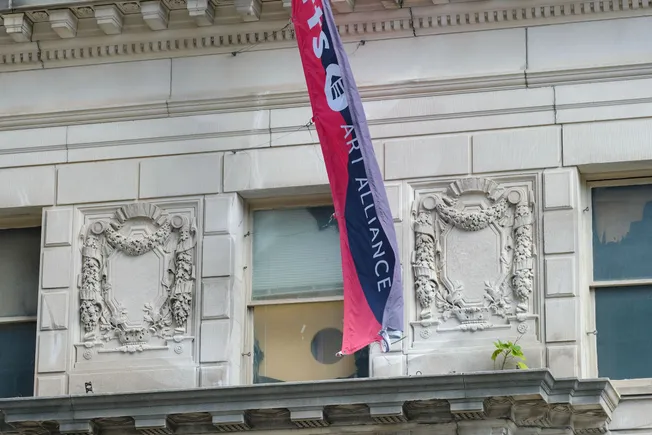Dive Brief:
- Keystone College, in Pennsylvania, has until Aug. 1 to prove compliance with accreditation standards — or risk losing access to federal student aid and potentially closing.
- The Middle States Commission on Higher Education last week issued the private nonprofit a show-cause order — a final warning before MSCHE could pull accreditation. Keystone will need to supply its accreditor with a multi-year budget and an independent audit “confirming financial viability,” among other requirements.
- The financially struggling college has already provided MSCHE with a requested teach-out plan, documentation which helps students finish their degree elsewhere in the event the institution closes. The college said it’s in negotiations with a potential “investment partner” after plans to be acquired by a nonprofit fell through.
Dive Insight:
Earlier this year, Keystone sought approval from MSCHE and the Pennsylvania Department of Education to be taken over by the Washington Institute for Education and Research, a nonprofit based in Washington, D.C.
The proposal would have made WIER the sole member of Keystone but left the college’s trustees in charge of academic and administrative affairs. However, the deal fell through shortly afterward.
In the aftermath, MSCHE posted a notice last week saying that Keystone is in “danger of imminent closure.”
“Unfortunately, it not only immediately weakened the College’s financial position, but also triggered heightened scrutiny from our accreditor,” President John Pullo said in a message to Keystone employees and students. He noted that the deal had aimed to bring new funding to the college to grow enrollment.
Last week, MSCHE said it received “a substantive change request for institutional closure” from Keystone, typically a sign that a college is shuttering. But Pullo said it was at the behest of MSCHE, and the college complied “with the understanding that it could be withdrawn at any time.”
Keystone is already in negotiations with a new investment partner, Pullo said, and the two have reached a “general agreement” with MSCHE. Negotiations are ongoing.
“While I remain hopeful, however, I must also be clear that our inability to successfully conclude an agreement could result in ceasing operations at the College,” he said.
A MSCHE spokesperson said Friday it is aware of Keystone’s potential partner, but a sudden closure of the college is still a concern as mergers and acquisitions can take up to a year to review.
If MSCHE pulls Keystone’s accreditation, the college could face closure because of the resulting lost access to federal financial aid. Almost all of Keystone’s first-time, full-time undergraduates, 99%, received federal grants in the 2021-22 academic year, according to federal data.
The 156-year-old institution has faced financial difficulties for several years. Over the past decade, MSCHE has required Keystone to submit documentation demonstrating improvements to the college’s finances and student success metrics.
Though the college saw a revenue surplus in fiscal 2021, it ran budget deficits during the four previous years, according to tax filings.
Keystone’s enrollment has also steadily declined over the past decade. In fall 2022, the college had 1,131 students, down about 33% from 1,683 in fall 2012, according to federal data.
Recently, some small private nonprofit colleges have closed abruptly in the face of financial and demographic challenges. But Mari Flynn, library director at Keystone, argued in a December op-ed for Higher Ed Dive that these institutions owe their employees dignified closures.
“Let’s try a little death with dignity through goodwill, honest appraisals and consensus-building,” she wrote. “Exits — full or partial — can still have some honor.”













.jpg?itok=F2C4uk0x)






Discussion about this post